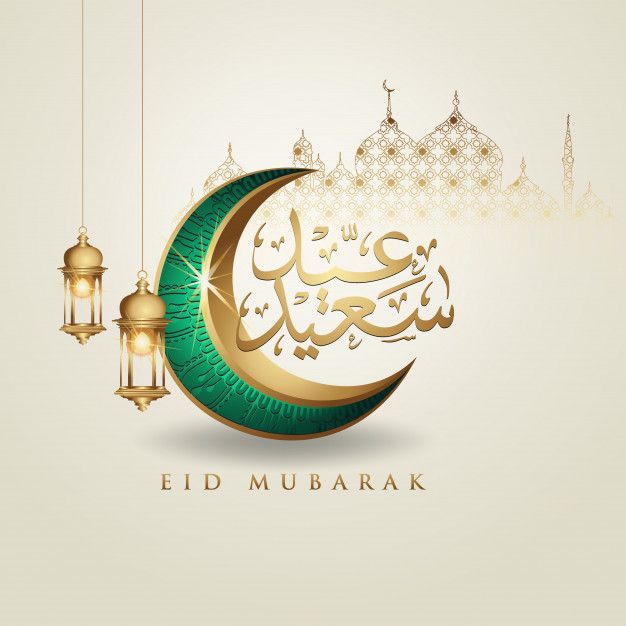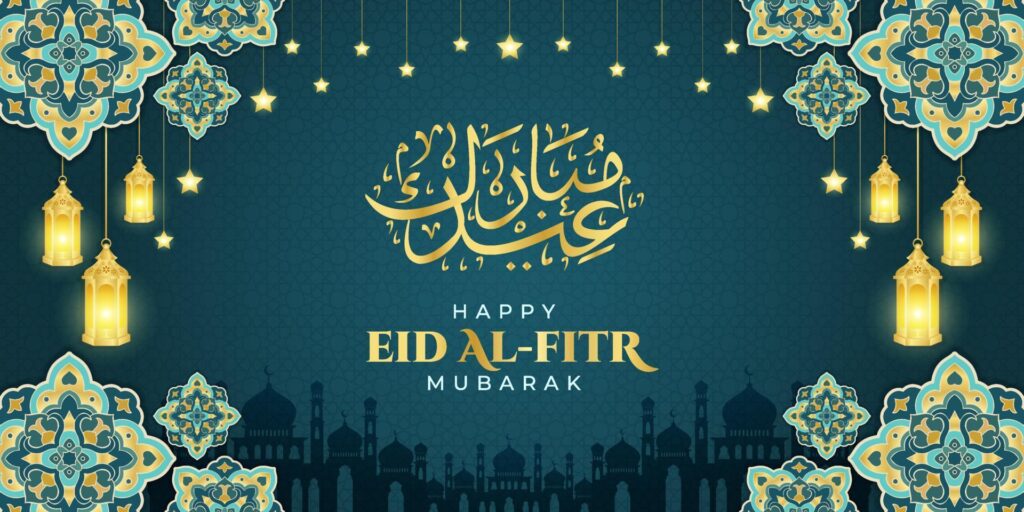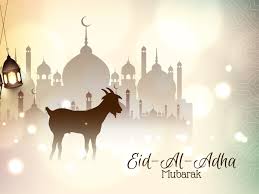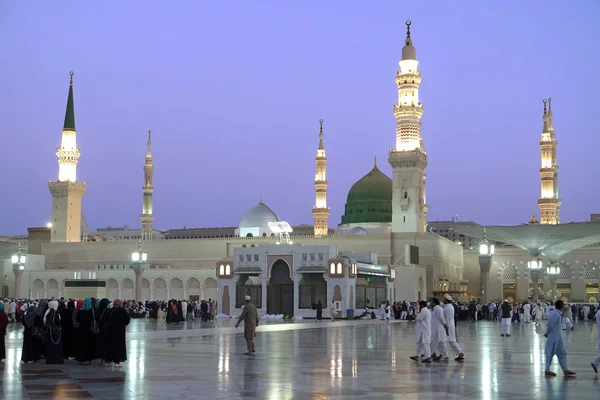Why Start a Blog?
1. Introduction 2. Personal Growth And Development 3. Sharing Your Passion 4. Build a Personal Brand 5. Networking Opportunities 6. Monetization Potential 7. Learning New Skills 8. Influence and Impact […]
All my articles from this category / You can change this description

Hey there! Welcome to another exciting and insightful blog post on mikhailsoftapps.com. I’m Mikhail, your friendly guide through the vast and colorful world of cultural traditions and celebrations. Today, we’re diving into the heartwarming and joyous occasion of Eid, specifically exploring the phrase “Eid Mubarak.” Whether you’re already familiar with Eid or just curious about what it means, this post will walk you through the essence, significance, and celebrations of this beautiful festival.
Eid is one of the most important festivals in Islam, celebrated by millions of Muslims around the world. There are two major Eids: Eid al-Fitr and Eid al-Adha. Each has its own unique significance and traditions.
Both Eids have deep historical roots and are rich in spiritual significance. Eid al-Fitr, known as the “Festival of Breaking the Fast,” is a celebration of self-control, reflection, and gratitude. It dates back to the time of the Prophet Muhammad, who established this festival as a day of feasting and charity.
Eid al-Adha’s history traces back to the story of Prophet Ibrahim. This festival is a reminder of faith, obedience, and the importance of sacrifice in Islam. It also coincides with the Hajj pilgrimage, one of the five pillars of Islam, undertaken by Muslims to the holy city of Mecca.




The phrase “Eid Mubarak” is an Arabic term that translates to “Blessed Eid” or “Happy Eid.” “Eid” means “festival” or “celebration,” and “Mubarak” means “blessed” or “happy.” It’s a greeting used by Muslims to wish each other well on these special occasions.
“Eid Mubarak” is more than just a greeting. It embodies the spirit of Eid, a time of joy, gratitude, and communal harmony. When someone says “Eid Mubarak,” it’s a way of sharing in the happiness and blessings of the festival. It reflects a sense of unity and brotherhood among Muslims, reinforcing the bonds of community and family.
Families gather to enjoy these meals, sharing stories and laughter. The festive atmosphere is enhanced by music, dance, and traditional games, making Eid a truly joyous occasion.
In the West, where Muslims are a minority, Eid is celebrated with great enthusiasm within the community. Many mosques host open houses, inviting people of all faiths to join in the celebrations, fostering understanding and harmony.
Q. What is the difference between Eid al-Fitr and Eid al-Adha?
A. Eid al-Fitr marks the end of Ramadan, the month of fasting, and is celebrated with feasting and giving thanks. Eid al-Adha, known as the “Festival of Sacrifice,” commemorates Prophet Ibrahim’s willingness to sacrifice his son in obedience to God. It involves the sacrifice of an animal and is associated with the Hajj pilgrimage.
Q. Why do Muslims say Eid Mubarak?
A. Muslims say “Eid Mubarak” to wish each other well during the festival. The phrase means “Blessed Eid” and is a way of sharing in the joy and blessings of the occasion. It reflects a sense of community and mutual goodwill.
Q. How do non-Muslims greet someone on Eid?
A. Non-Muslims can greet their Muslim friends and colleagues by saying “Eid Mubarak.” This gesture is appreciated and shows respect for the celebration. You can also express good wishes by saying “Happy Eid” or simply asking about their Eid traditions.
Q. What are some common Eid traditions?
A. Common Eid traditions include performing the special Eid prayer, giving charity (Zakat al-Fitr), wearing new clothes, visiting friends and family, and enjoying festive meals. Exchanging gifts, especially with children, and greeting each other with “Eid Mubarak” are also key customs.
Q. How long does Eid last?
A. Eid celebrations typically last for one to three days. The exact duration can vary depending on cultural practices and regional customs. For example, in some countries, Eid al-Fitr is celebrated for three days, while Eid al-Adha can be observed for up to four days.
And there you have it, a comprehensive look at what “Eid Mubarak” means and the rich traditions surrounding Eid. I hope this post has given you a deeper understanding of this beautiful festival and the spirit of joy, gratitude, and community it embodies.
Remember, whether you’re celebrating Eid yourself or simply joining in the joy with your friends, saying “Eid Mubarak” is a wonderful way to share in the happiness. So next time you hear this greeting, you’ll know just what it means and the beautiful traditions it represents.

1. Introduction 2. Jimmy Carter: A Legacy of Leadership 3. The Significance of Carter’s Endorsement 4. Kamala Harris: The Candidate of Choice 5. Implications’s of Carter’s Support for Harris 6. […]